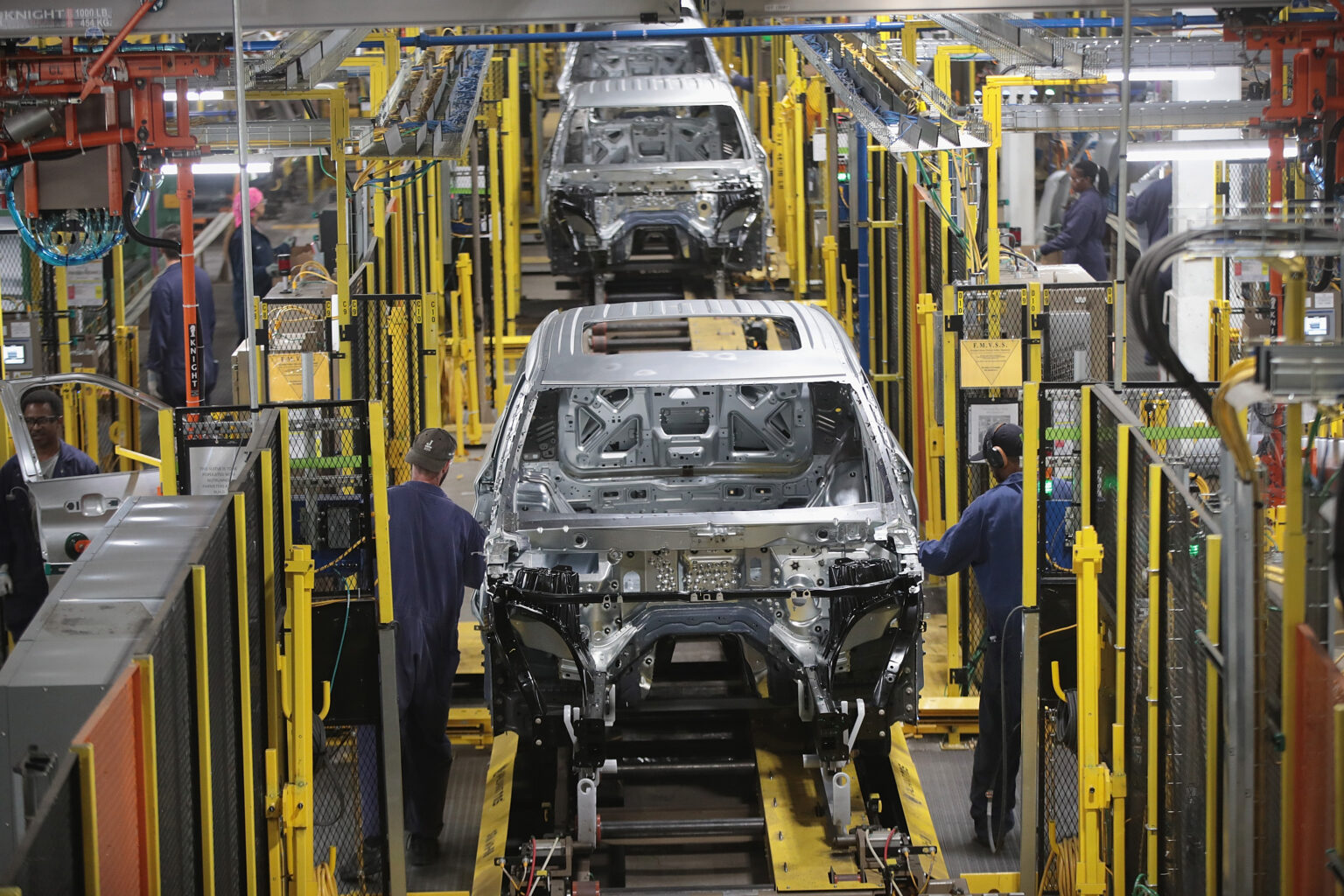In Tuesday night’s debate, GOP nominee Donald Trump claims that under the Biden-Harris Administration, U.S. auto manufacturers are moving operations to Chinese-owned plants based in Mexico.
“Let me just tell you, they lost 10,000 manufacturing jobs this last month. It’s going — they’re all leaving. They’re building big auto plants in Mexico. In many cases owned by China.“
–GOP nominee Donald Trump in September 10th presidential debate
The claim is both is false and misleading on several fronts. Deeper analysis shows this rhetoric twists the complex dynamics of the North American auto industry.
Though China is ramping up auto manufacturing in Mexico, Chinese companies do not own facilities producing American-brand vehicles in Mexico.
According to data from the International Trade Administration (ITA), Mexico is home to eight major FCA, Ford, and GM plants supplying millions of vehicles to the U.S. market each year. These facilities are wholly owned and operated by their respective American companies — not Chinese entities.
The ITA does note emerging Chinese investment in Mexico’s automotive sector, but for their own automotive brands targeting regional growth. Over 273,000 light vehicles were imported to China from Mexico in 2022, with companies like BYD plotting new factories to assemble budget EVs.
But contrary to Trump’s zero-sum implications, Mexican officials have welcomed this diversification alongside American industry stalwarts.
Of greater concern for Washington is whether Chinese automakers could potentially access the U.S. market through Mexico’s factories. Due to NAFTA provisions carried over under the USMCA trade agreement, vehicles meeting regional requirements can be imported duty-free regardless of where they were assembled.
However, the Biden administration has already pressed Mexican officials behind closed doors, according to an exclusive Reuters report. American auto manufacturers are requesting prioritization incentives and support for North American companies with integrated Canada-U.S.-Mexico supply chains.
Although details of these private discussions remain undisclosed, there are no signs of advantages offered to prospective Chinese manufacturers over U.S. incumbents.
In fact, Tesla itself chose Mexico last March for its next Gigafactory to export economical electric cars into the U.S. CEO Elon Musk paused construction over “uncertainties around tariffs,” alluding to Trump’s proposals around trade agreements, including those pertaining to imports from Mexico. After the 2024 election, Tesla is expected to ramp-up its Fremont-equivalent facility catering to U.S. EV demand. Claims of U.S. automakers relocating domestic plants Chinese-owned facilities in Mexico are completely unsubstantiated.
However, China is growing EV exports regionally, exploring local Mexico production for its domestic brands to bypass U.S. tariffs. This mirrors Tesla’s southward expansion while American companies retain existing facilities.
Given integrated North American supply chains, the Biden administration has advocated behind-the-scenes for preferential treatment for American and Canadian investments. However, there is no credible evidence that policies incentivized transfers of U.S. auto manufacturing capacity to plants under Chinese control.
Verdict: False


